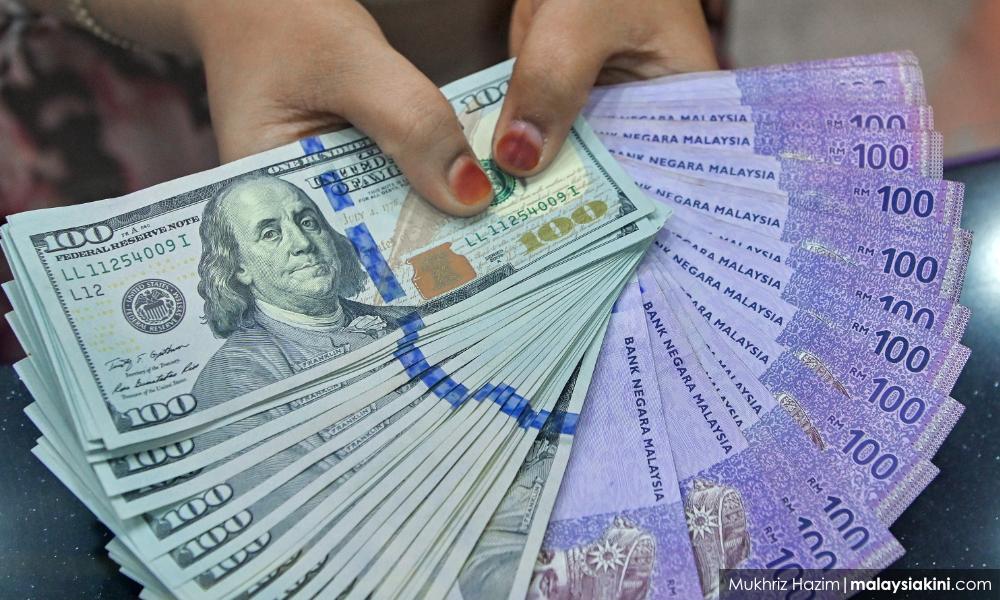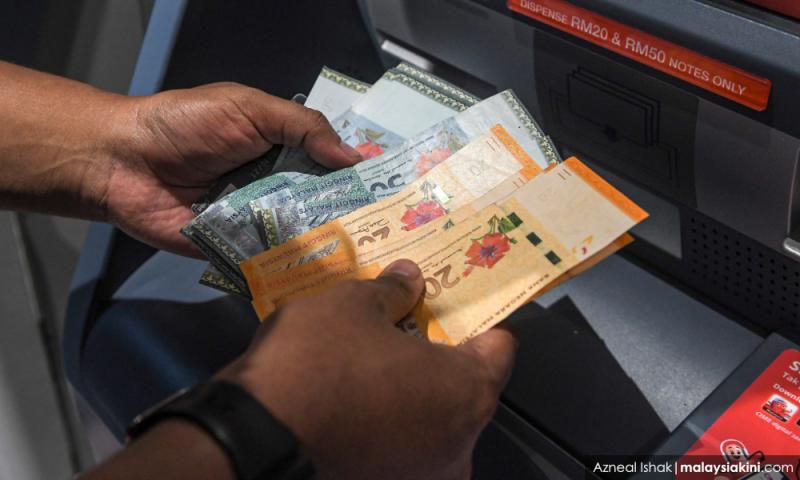Asian currencies plumb multi-year lows as safe-haven demand lifts dollar
Asian currencies and stocks fell on Monday, with most currencies hitting multi-year lows against the US dollar, as the US Federal Reserve's hawkish monetary policy stance stoked economic slowdown fears and raised the greenback's safe-haven appeal.
The Philippine peso and the Indian rupee hit record lows of 59.07 and 81.5775 per dollar, respectively.
Traders in India said the Reserve Bank of India might likely have sold dollars to contain the currency's decline, which has been touching fresh lows for the last three consecutive sessions.
Malaysia's ringgit fell 0.4 percent to 4.5960 per dollar, its lowest since Jan 23, 1998, while the Thai baht hit a more than 16-year low and weakened 0.8 percent.
Singapore's dollar and Indonesia's rupiah fell 0.3 percent and 0.6 percent, respectively. Both currencies hit their weakest since April 2020.
"The ... combination of tighter financial conditions, persisting US dollar strength, global growth concerns driven by slowdown in China and Europe, and sustained weakening in RMB past 7 per dollar set up a challenging stage for pro-cyclical Asian FX," said Christopher Wong, FX strategist at OCBC.
Risk sentiment was dented as the dollar index, which measures the greenback against a basket of currencies, rose 0.2 percent at 113.38, following the British pound's searing drop on concerns about the new government's economic plan.

The dollar, which had earlier reached 114.58 for the first time since May 2002 and was up about 20 percent so far this year, is also being strengthened on the back of a hawkish Fed and its "higher for longer" stance on policy tightening.
"The combination of high US yields (nominal and real), weakening global growth and fragile risk appetite augur well for the US dollar," Paul Mackel, global head of FX Research at HSBC Bank said.
"For the US dollar to shift into a slower path or potentially reverse, then these drivers need to change direction, or at least lose meaningful momentum."
The Bank of Thailand is expected to deliver another 25 basis-point rate hike on Wednesday, its second in a row, even as many of its peers opt for larger increases to fight high inflation, a Reuters poll showed.
China's central bank announced fresh steps to slow the pace of the yuan's recent depreciation by making it more expensive to bet against the currency.
The yuan fell 0.5 percent, its lowest since May 2020, while stocks in Shanghai shed one percent.
Equities in the region were broadly lower, with stocks in Seoul and Taipei leading losses as they dropped 3 percent and 2.4 percent, respectively.
India's benchmark index declined 1.7 percent, while equities in Jakarta and Singapore retreated 1.3 percent and 1.5 percent, respectively.
- Reuters
RM12.50 / month
- Unlimited access to award-winning journalism
- Comment and share your opinions on all our articles
- Gift interesting stories to your friends
- Tax deductable

 Reuters
Reuters